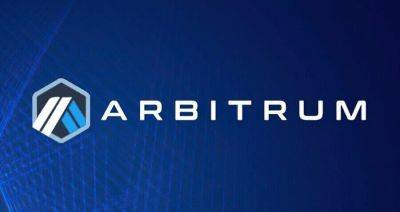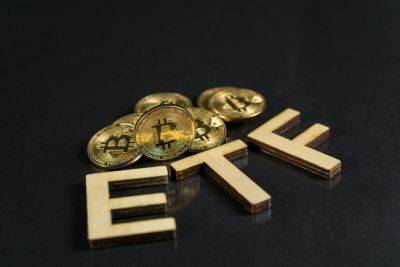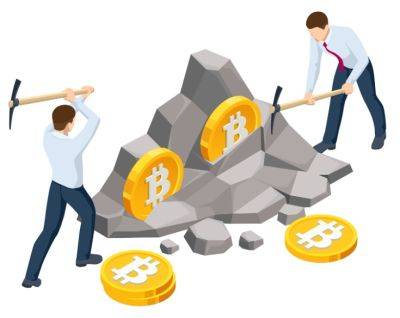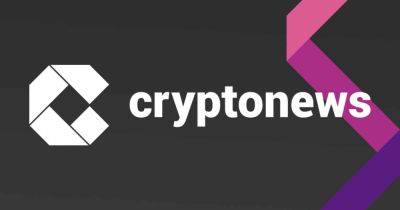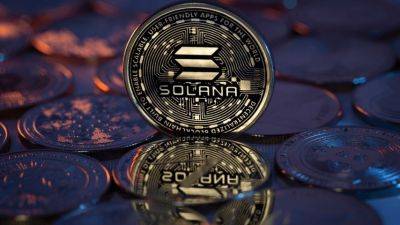Ethereum’s Decentralization Questioned as Block Builders Censor Transactions Tied to US Sanctions
A pillar of Ethereum’s original vision was decentralization—the idea that its blockchain would operate outside constraints from centralized entities like governments and corporations. Recent data indicates this ideology is being tested, however, as key Ethereum players increasingly censor transactions linked to US sanctions.
A major turning point came last year when the US Treasury Department’s Office of Foreign Assets Control (OFAC) sanctioned Tornado Cash, an Ethereum mixing service that enabled private transactions. OFAC claimed the tool was utilized by terrorists and other illicit actors.
In response, Tornado Cash’s code was added to the same US blacklist containing bad actors like North Korea and Hamas. Supporters decried the targeting of Tornado Cash as government overreach and censorship. Ethereum has not proven immune, however.
In recent months, censorship of transactions tied to US sanctions has markedly increased on Ethereum, according to new research from Ethereum Foundation researcher Toni Wahrstätter. A metric measuring “censored” blocks on Ethereum surged from around 25% in November 2022 to approximately 72% currently.
This spike stems largely from block builders, who assemble transactions into blocks and provide them to validators to add to Ethereum’s blockchain. Five major block builders now contribute over 90% of Ethereum blocks. Of those, only one major builder, Titan Builder, claims it does not filter transactions in this manner.
The lone block builder still processing all transactions claims over 20% of blocks. If Titan began engaging in censorship as well, per Wahrstätter’s analysis, overall Ethereum censorship could immediately jump to over 90%. Such reliance on a few builders contradicts the
Read more on cryptonews.com





